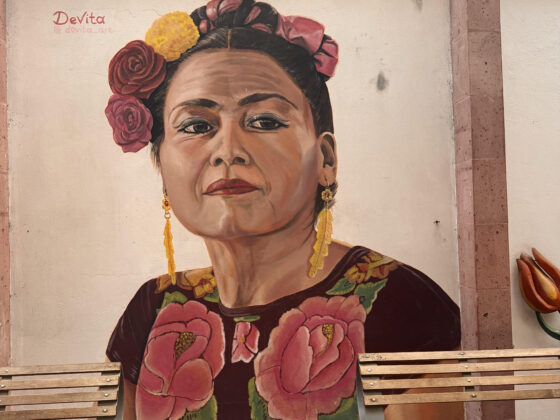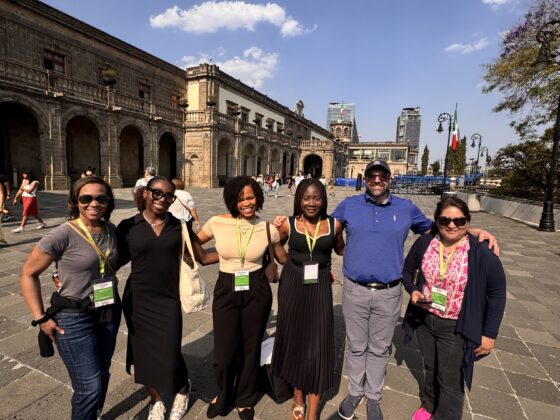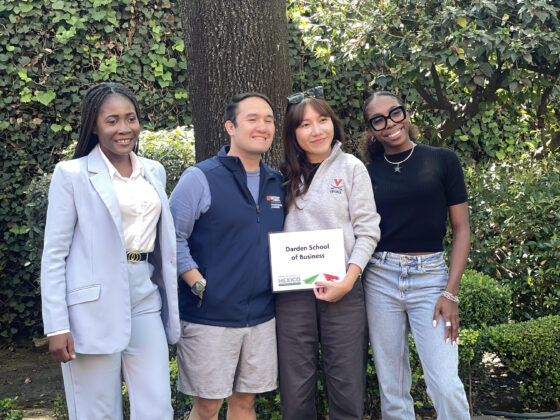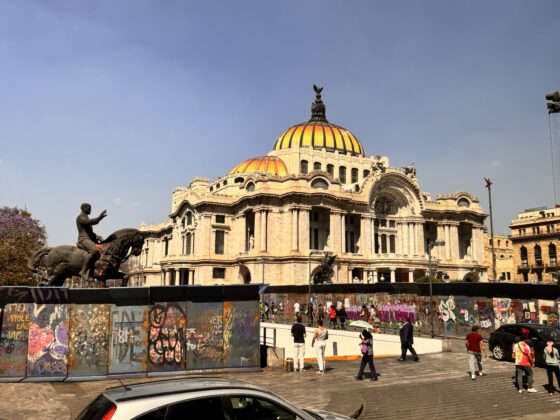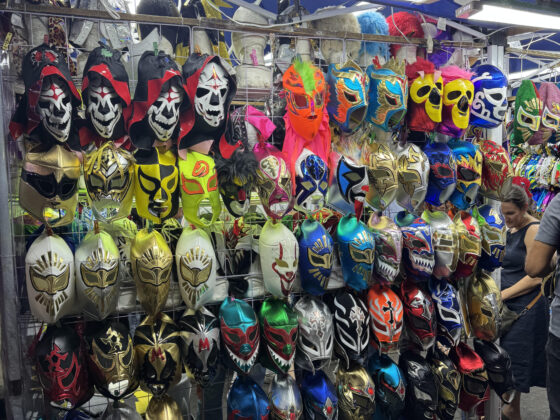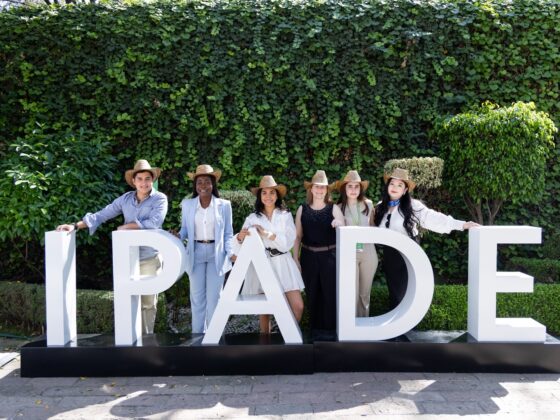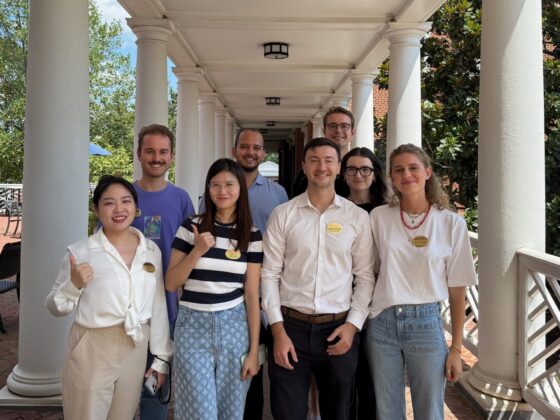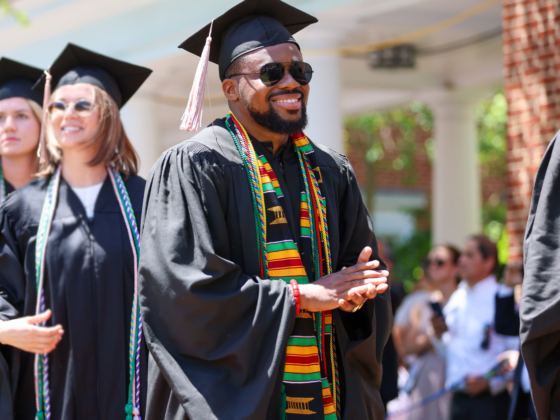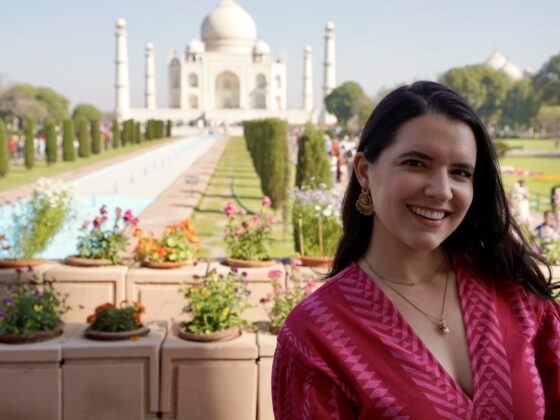Chinelo Nwangwu is a second-year MBA student in the Class of 2025 at the Darden School of Business. Before Darden, she worked as a Petroleum Engineer at a leading oil and gas production company in Nigeria. At Darden, she has been actively involved in the Darden Africa Business Club, Net Impact Club, Energy Club, and Humans of Darden, reflecting her strong commitment to community and global engagement. A passionate traveler and cultural explorer, Chinelo enjoys getting lost in new cities and uncovering the stories they hold. She is also an avid reader, drawn to books that transport her to places she may never visit in person. After graduation, she will join Emerson as a Supply Chain Manager. In this post, Chinelo reflects on her experience participating in the “Doing Business in Mexico” (DBIM) program at IPADE Business School.
What inspired you to take part in IPADE’s Doing Business in Mexico (DBIM) program?
After completing the Darden Worldwide Course in Japan over fall break, I was eager to continue exploring new global business environments. When a friend suggested we attend the IPADE “Doing Business in Mexico” (DBIM) program, I jumped at the opportunity. Darden’s experiential learning offerings are world-class, and for someone who loves travel and cultural immersion, DBIM was a natural fit. The chance to deepen my understanding of Latin America’s largest economy while connecting with MBA peers from around the world was too good to pass up. I wanted to experience firsthand how Mexican and multinational firms navigate a complex, rapidly evolving economic landscape.
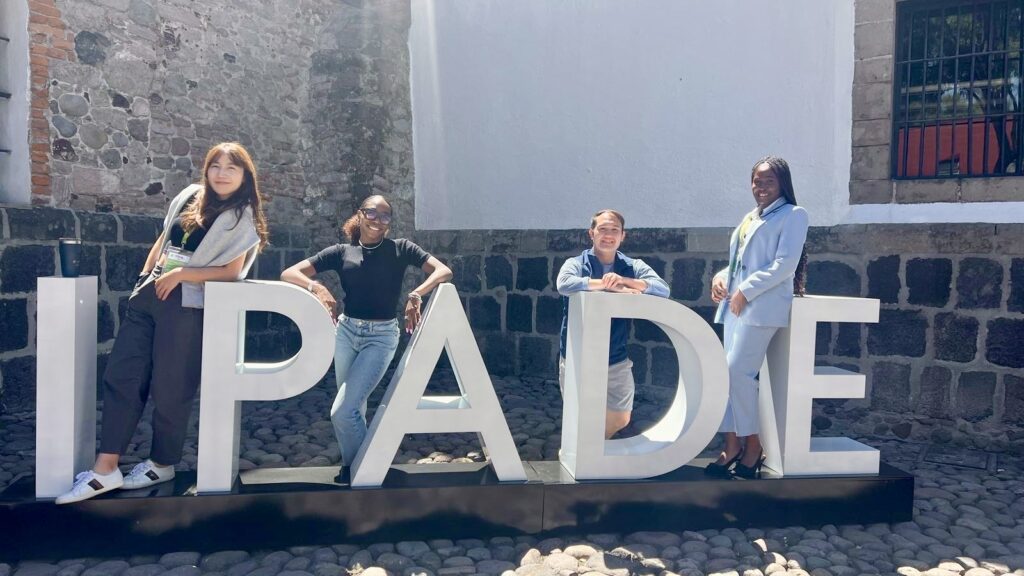
What were some of the key insights you gained from participating in the DBIM program?
One major takeaway was a deeper understanding of Mexico’s economic complexity. It’s far more sophisticated than many people might assume, boasting a strategic geographic location, globally competitive corporations, and a highly skilled workforce. I came to appreciate that while Mexico has strong potential to become a regional manufacturing powerhouse, ongoing challenges such as infrastructure gaps, security concerns, and regulatory uncertainty still pose obstacles. It was also encouraging to learn that the government is actively working to address these issues.
What was your favorite part or most memorable moment from the DBIM course?
It’s hard to choose just one, there were several standout moments that made the experience unforgettable.
KidZania: Visiting KidZania was truly mind-blowing. Walking through a fully functioning miniature city run entirely by children was both surreal and inspiring. KidZania offers kids the chance to role-play careers as dentists, engineers, doctors, artists, podcasters, and more, all in partnership with global brands. Seeing children learn by doing in such an immersive, branded educational environment was a powerful example of innovation in action.
Volaris CEO Case Session: One highlight was a live case discussion led by Enrique Beltranena, the CEO of Volaris. He walked us through a real strategic decision he had faced, offering candid reflections on risk, market dynamics, and organizational culture. It’s rare to analyze a case alongside the very leader who made the decision, and his openness brought the content to life in a way no traditional lecture could.
Re-integra Visit: As someone involved in Darden’s PREP program, I was especially moved by our visit to Re-integra, an organization working to reduce recidivism through vocational training for at-risk youth. From carpentry and baking to hairstyling, the program equips teens (ages 12–18) with practical skills for social reintegration. During a beauty products workshop, we even made hand soaps and body scrubs, a surprisingly emotional reminder of how craftsmanship can restore confidence and build community.
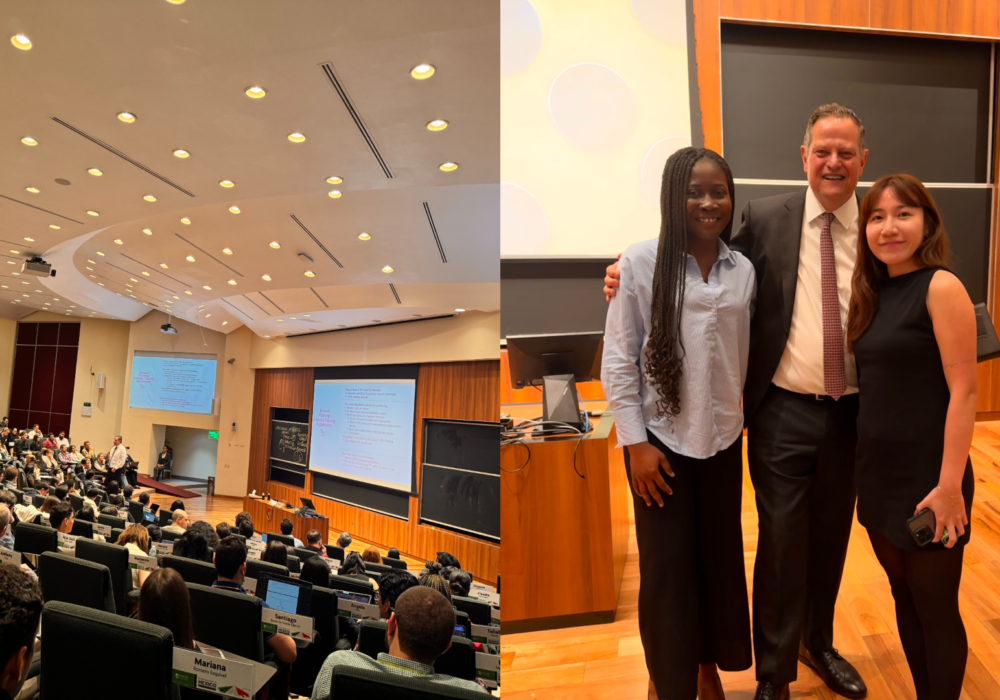
How did participating in the DBIM program enhance your global or cross-cultural awareness?
The DBIM program brought together 100 students from 25 business schools across 13 countries and four continents, creating an incredibly diverse and enriching learning environment. In my eight-person team, with peers from Mexico, China, and England, I saw firsthand how cultural backgrounds influence communication styles and problem-solving approaches.
Beyond team collaboration, conversations during company visits and cultural activities deepened my understanding of global business dynamics. Hearing classmates share perspectives on their home countries’ regulatory environments, consumer behavior, and corporate norms showed me how a single strategic question can yield very different answers depending on the local context.
This experience gave me a renewed appreciation for the value of flexibility, empathy, and cultural respect, skills that I know will be essential in any global business setting.
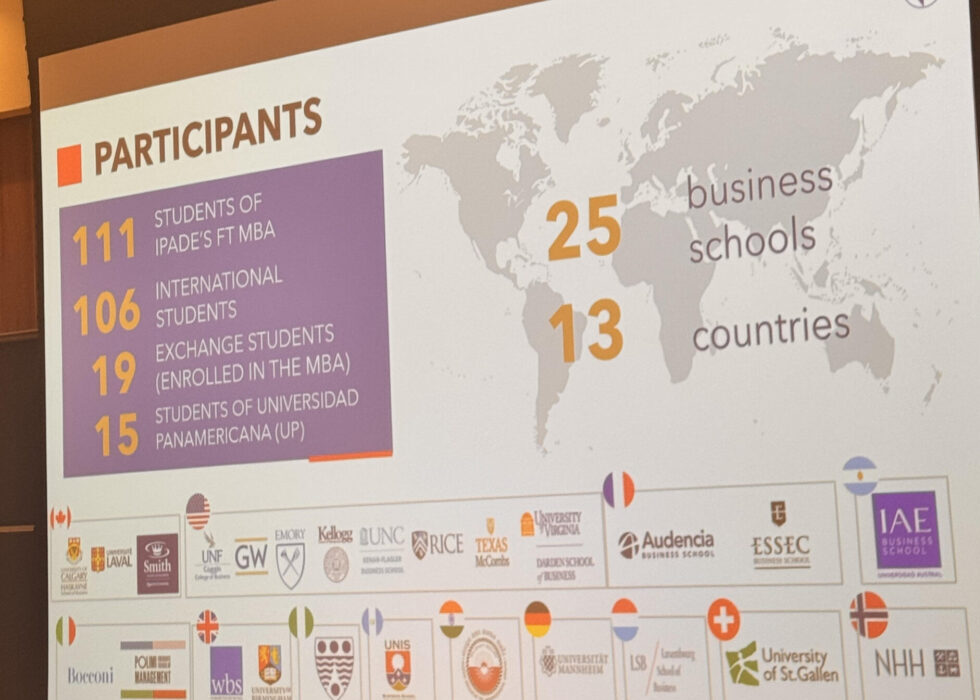
What advice would you give to future students exploring global course options at Darden?
If you’re considering global electives, I highly recommend IPADE’s Doing Business in Mexico (DBIM) program. In just one week, you’ll dive into a rich blend of academic lectures, company visits, and cultural experiences that offer a comprehensive view of Mexico’s political, economic, and social landscape. You’ll engage directly with CEOs, professors, and local practitioners, analyzing real-world business challenges through sessions that are both rigorous and relevant.
Outside the classroom, Mexico City becomes an extension of the learning experience. From lively salsa nights and mouthwatering street tacos to the high-energy spectacle of Lucha Libre, the city offers unforgettable moments that bring cultural context to life. By the end of the week, you’ll return with sharper strategic thinking, an expanded global network, and memories that far surpass any case study. The value of this experience is truly immeasurable.


